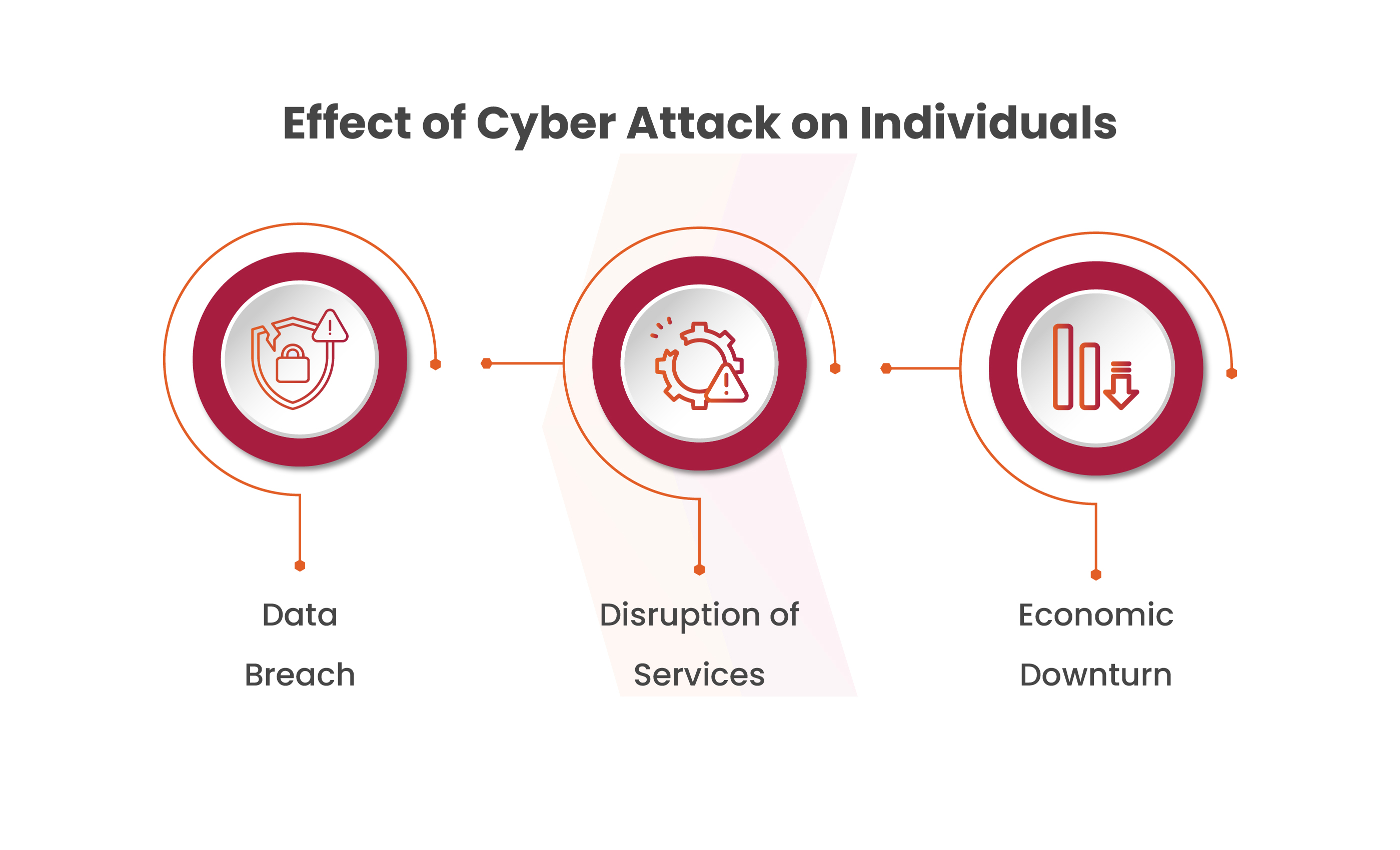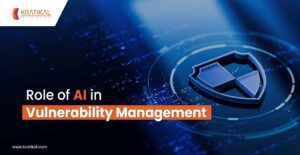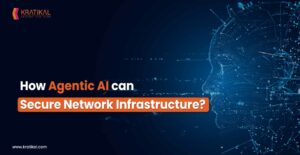In our increasingly interconnected world, cyberattacks pose a serious concern, and the potential financial damage of these attacks is more surprising now than in the past. An Economic Times Report claims that a major cyber attack might cost the world $3.5 trillion! This figure emphasizes how urgently strong cybersecurity safeguards are needed to protect people, companies, and governments. In this blog, we will look into the key findings of this report and explore how organizations can protect themselves with the help of Kratikal’s compliance services.
Table of Contents
Understanding $3.5 Trillion Cost
The $3.5 trillion estimate is a realistic assessment of the possible worldwide economic effects of a significant cyber attack. This staggering expense includes several repercussions, such as:
Financial Losses
Cyber attacks can lead to direct financial losses for organizations, stemming from data breaches, ransom payments, and operational disruptions. These losses can run into billions for large corporations.
Reputational Damage
Cyberattacks can cause a company to lose the trust of stakeholders, partners, and customers in addition to financial damages. Rebuilding trust is typically an expensive and time-consuming process.
Legal and Regulatory Fallout
In many cases, cyber attacks trigger legal actions, fines, and regulatory penalties. Compliance with data protection laws becomes critical, and non-compliance can have significant financial consequences.
Opportunity Cost
The time and resources spent recovering from a cyber attack would have been used for innovation and growth. Opportunity costs add to the overall impact.
Third-Party Impacts
Cyber attacks can have a ripple effect, impacting not only the target organization but also its suppliers, customers, and other interconnected entities.
Book Your Free Cybersecurity Consultation Today!
Impact of Cyber Attack on Individuals
Cyber attacks have far-reaching consequences, and they can affect individuals in several ways:
Breach of Data
Hackers who’ve access to private data which includes names, addresses, social security numbers, and bank account information have a risk of drawing the interest of cyber attackers who use the facts to launch data breaches. Data breaches involve stolen identities for fraudulent financial activities. Identifying theft is possible with the use of this personal information.
Financial scams may leverage personal information obtained through cyberattacks. This includes taking money out of your bank account, putting fees on your credit score card without authorization, and applying for loans or mortgages on your behalf even if you didn’t perform the work.
Services facing Disruptions
Cyber attack has the potential to severely impact various critical sectors. Healthcare services, that store private and scientific records, may have disruptions that cause medical care to be delayed or impaired. Transportation networks depend on digital technology, they are also vulnerable to cyber attack. They may disrupt transportation, causing delays, injuries, and financial hardships.
Economic Downturn
Large-scale cyber attacks can trigger a domino effect with profound economic consequences. Firms facing issues may cut staff and affect families’ financial stability.
Cyber attacks have the power to erode investor confidence, harm financial markets, and encourage consumers to take pleasure in portfolio losses on stocks, bonds, or retirement expenses. Cyber attacks targeting vital infrastructure or supply chains have the potential to seriously disrupt the production and delivery of products and services, raising the cost of needs like food and fuel.

Why Kratikal’s Compliance services are Essential?
Kratikal, a leading player in the cybersecurity field, offers compliance services that play a vital role in protecting organizations against cyber threats:
ISO/IEC 27001 Compliance
It is a globally recognized standard for information security management, and is at the core of Kratikal’s services, offering organizations a well-defined path to attain and maintain ISO/IEC 27001 certification. Experts at Kratikal conduct thorough risk assessments to pinpoint vulnerabilities and potential threats, allowing organizations to proactively implement mitigation measures in line with ISO/IEC 27001’s best practices.
Crafting tailored security policies that detail security objectives, controls, and procedures is a crucial component of ISO/IEC 27001 compliance, and Kratikal’s services excel in this area, safeguarding sensitive data. Kratikal’s approach places significant emphasis on the continuous monitoring of information security management systems to ensure their ongoing effectiveness and adaptability in the face of evolving threats.
SOC 2 Compliance
This compliance centers around the security, availability, processing integrity, confidentiality, and privacy of customer data. It is particularly crucial for service providers, as it assures clients that their sensitive information is handled with the utmost care and protection.
Kratikal’s expertise in SOC 2 compliance involves in-depth assessments, rigorous controls, and regular reporting, ensuring that organizations meet the stringent standards of data security and privacy. It builds trust by safeguarding data and maintaining top-notch security standards.
PCI-DSS Compliance
The value of payment card data to cyber attackers is a major concern. Kratikal’s PCI-DSS compliance services offer a significant advantage for businesses handling such sensitive data. Kratikal’s role in assisting organizations with PCI-DSS compliance is of great significance. PCI-DSS compliance ensures secure processing of financial transactions, contributing to building customer trust and enhancing the organization’s reputation.
It’s crucial to note that PCI-DSS compliance is often a legal requirement for organizations dealing with credit card data. Kratikal’s services help businesses avoid regulatory penalties and legal consequences by ensuring adherence to these legal and regulatory standards.
GDPR Compliance
Kratikal’s services are designed to align seamlessly with GDPR requirements, offering numerous advantages. They assist organizations in effectively protecting personal data, under GDPR’s strong emphasis on data protection principles and requirements, thereby ensuring the privacy and rights of individuals. The services help mitigate the risk of substantial regulatory penalties associated with GDPR non-compliance. Beyond just avoiding fines, GDPR compliance, as the reference suggests, plays a pivotal role in safeguarding an organization’s reputation.
Get in!
Join our weekly newsletter and stay updated
Conclusion
The $3.5 trillion cost associated with major cyber attacks underscores the urgent need for robust cybersecurity measures. Kratikal’s compliance services, which include GDPR, PCI-DSS, SOC 2, and ISO 27001, provide a comprehensive answer for businesses looking to protect their digital assets, comply with regulatory requirements, and lessen the likelihood of incurring the exorbitant costs linked to cyber attacks. Staying ahead of cyber risks is vital for our digital security. Considering the constantly changing landscape of threats, investing in cybersecurity has become an absolute need.









Leave a comment
Your email address will not be published. Required fields are marked *